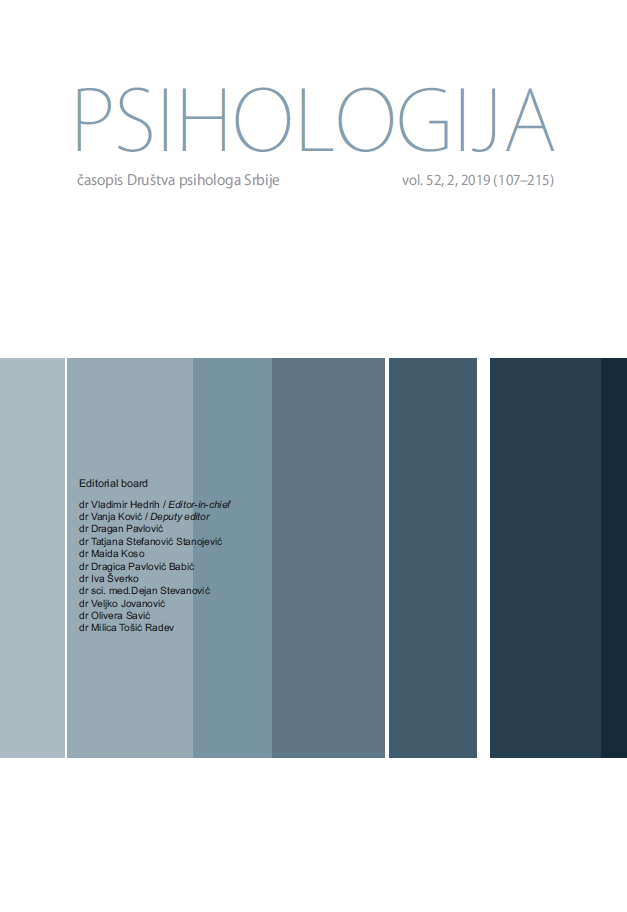Relations between motivation for long-distance running and emotional well-being
Relations between motivation for long-distance running and emotional well-being
Author(s): Stanislava Popov, Jelena Sokić, Dušan StuparSubject(s): Social Sciences, Psychology, Individual Psychology, Personality Psychology
Published by: Društvo psihologa Srbije
Keywords: endurance sports;affectivity;subjective well-being;motivation;
Summary/Abstract: Participation in long-distance races such as a marathon, half, and mini-marathon has become increasingly popular in the last few years in Serbia, and the same trend is evident in a number of other countries. Why does an increasing number of people go beyond limits of ordinary recreation and jogging and participate in such a demanding activity? Data from 289 runners (54% male) who had completed at least one endurance running (ER) race, assessing their motivation (MOMS), positive and negative affect, and subjective well-being has been collected. After testing the original theoretical MOMS model using confirmatory factor analysis, recommendations for the scale and its latent structure were given and the relations between that latent structure and mental health outcomes were examined. Our results suggest that ER is more than physical recreation or competition. Coping with negative emotional states represents a significant reason for practicing ER. As such, it could be understood as a strategy for improvement in the emotional well-being domain, which is an essential component of overall mental-health, hence, the main underlying reason why a large number of people participates in such a physically demanding task
Journal: Psihologija
- Issue Year: 52/2019
- Issue No: 2
- Page Range: 139-154
- Page Count: 16
- Language: English

